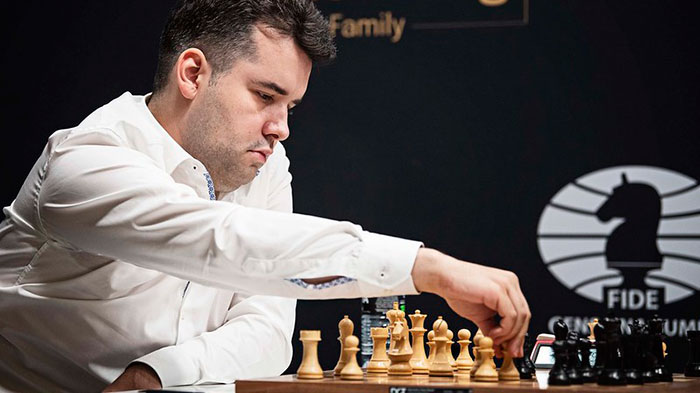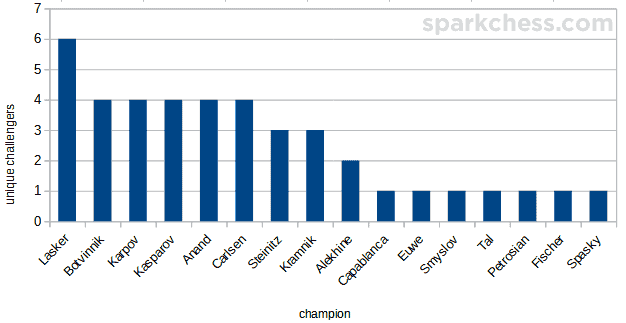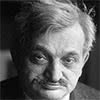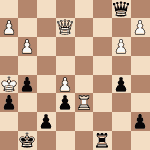How to judge which world chess champion is the greatest of all time? One might look at the number of years that the champion held the title, inflation-adjusted peak rating, dominance over peers, or abilities as a chess ambassador. Another criterion, adopted by this article, is how many different challengers has each world chess champion faced.

Photo by Stev Bonhage / FIDE
With the 2022 FIDE Candidates Tournament’s winner being Grandmaster Ian Nepomniachtchi, World Chess Champion Magnus Carlsen won’t face someone new if he chooses to defend his title. Carlsen defeated Nepomniachtchi already, in the 2021 world chess championship. Before the 2022 FIDE Candidates Tournament began, Carlsen said that he wanted to face a new challenger.
Thanks to my son William Root for his research, which I present here.
What counts?
While sometimes the world chess championship has been decided by a tournament, this article considers only world chess championship matches that are best of 10 games or longer. Notably, only matches for an official “world chess championship” count. For example, Steinitz’s matches against Zukertort and Blackburne do not count because Steinitz was not an officially named world chess champion when those matches were played. Therefore, Steinitz could not be defending a world chess championship title because he didn’t yet have that title.
World chess championships run by other organizations, such as the Professional Chess Association (PCA) in the 1990s, count. Many world chess championships have been run by the International Chess Federation (FIDE).
Champions and their challengers
Some world chess champions never faced the men who might have been their strongest challengers. In the early years of the world chess championship, the challenger had to raise sufficient funds for a world chess championship match.
In some of the matches listed below, the world chess champion lost to his challenger. But that match still counts toward his total. Regarding Veselin Topalov, who won his world chess championship title in a tournament, one could argue that he defended that title against Vladimir Kramnik. But, for this article, I consider Kramnik as the champion defending his title against Topalov.
- Steinitz: Chigorin, Gunsberg, Lasker
- Lasker: Steinitz, Marshall, Tarrasch, Schlechter, Janowski, and Capablanca
- Capablanca: Alekhine
- Alekhine: Bogolijubow and Euwe
- Euwe: Alekhine
- Botvinnik: Bronstein, Smyslov, Tal, and Petrosian
- Smyslov: Botvinnik
- Tal: Botvinnik
- Petrosian: Spassky
- Spassky: Fischer
- Fischer: Spassky
- Karpov: Korchnoi, Kasparov, Timman, and Kamsky
- Kasparov: Karpov, Short, Anand, and Kramnik
- Kramnik: Leko, Topalov, Anand
- Anand: Kramnik, Topalov, Gelfand, and Carlsen
- Carlsen: Anand, Karjakin. Caruana, Nepomniachtchi
Greatest World Champion
Using the list and rationale presented above, we can rank Emanuel Lasker as the greatest world chess champion of all time. Lasker faced six unique challengers. Other world chess champions, such as Petrosian, faced only one unique challenger. When he was world chess champion, Tigran Petrosian played Boris Spassky in two separate world chess championship matches. Therefore, Petrosian only gets credit for facing one unique challenger (Spassky).

- Faced six unique challengers: Lasker
- Faced four unique challengers: Botvinnik, Karpov, Kasparov, Anand, Carlsen
- Faced three unique challengers: Steinitz, Kramnik
- Faced two unique challengers: Alekhine
- Faced one unique challenger: Capablanca, Euwe, Smyslov, Tal, Petrosian, Fischer, and Spassky
If Carlsen also is thinking about the “unique challengers faced” measure of greatness, it makes sense that he wanted a new challenger to emerge from the 2022 Candidates Tournament.
Lasker versus Marshall

Lasker’s most convincing title defense was against challenger Frank James Marshall. In that 1907 world chess championship match, Lasker won eight games, drew seven, and lost none.
About the players
- 8 articles on Alexander Alekhine
- 3 articles on Anatoly Karpov
- 8 articles on Bobby Fischer
- 5 articles on Boris Spassky
- 5 articles on Emanuel Lasker
- 2 articles on Frank Marshall
- 11 articles on Garry Kasparov
- 4 articles on Gata Kamsky
- 9 articles on Ian Nepomniachtchi
- 3 articles on Johannes Zukertort
- 5 articles on José Capablanca
- 3 articles on Joseph Blackburn
- 36 articles on Magnus Carlsen
- 4 articles on Max Euwe
- 3 articles on Mihkail Botvinnik
- 3 articles on Mikhail Tal
- 2 articles on Siegbert Tarrasch
- 4 articles on Tigran Petrosian
- 2 articles on Vasily Smyslov
- 3 articles on Veselin Topalov
- 4 articles on Viktor Korchnoi
- 4 articles on Viswanathan Anand
- 4 articles on Vladimir Kramnik
- 6 articles on Wilhelm Steinitz

Great article! Although I have written about this subject multiple times, I never looked at this angle. It is interesting. My only quibble would be about how the challengers were determined. In the bad old days, the champion could pick his challenger. I still think Kasparov has the strongest argument because of the number of games he contested with Karpov at that level has to count for more than playing anyone else. Yes, it was against the same opponent, but what an opponent!
NOPE !!!